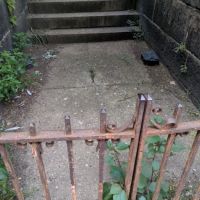Old Croton Aqueduct Gatehouse Introduce
Nestled on Amsterdam Avenue in Manhattanville, the Old Croton Aqueduct Gatehouse at 1195 Amsterdam Ave, New York, NY 10027, USA, stands as a remarkable testament to New York City's engineering prowess and historical development. While not a "park" in the traditional sense with sprawling lawns and recreational facilities, this architectural marvel is a designated New York City Landmark and a significant part of the Old Croton Aqueduct system, which revolutionized the city's water supply in the 19th century. Built in 1894-95, this small yet imposing structure served a crucial function in regulating the flow of water into Manhattan, a vital service that transformed public health and urban living.
The Old Croton Aqueduct, completed in 1842, was one of the United States' first major municipal water systems, carrying fresh water by gravity for 41 miles from the Croton River in Westchester County to reservoirs in Manhattan. It was a monumental undertaking, addressing the city's urgent need for clean water due to pollution and inadequate local resources. The 119th Street Gatehouse was constructed to replace an older structure that had become a traffic impediment, showcasing the city's ongoing commitment to improving its essential infrastructure. Its Romanesque Revival architectural style, characterized by rock-faced granite, round-arched openings, and a hipped slate shingle roof, makes it a distinctive and visually engaging landmark in its own right. For those interested in the layers of New York City's past, this gatehouse offers a tangible connection to the city's growth and ingenuity.
Location and Accessibility
The Old Croton Aqueduct Gatehouse is prominently situated on Amsterdam Avenue, specifically at 1195 Amsterdam Ave, New York, NY 10027, USA. It occupies the southeast corner of 119th Street and Amsterdam Avenue, making it a noticeable and accessible point of interest in the Manhattanville neighborhood, bordering Morningside Heights.
Its central location in a well-connected part of Manhattan ensures easy accessibility via public transportation. Subway access is convenient, with several lines serving the area. The 1 train stops at 116th Street-Columbia University and 125th Street, both within a reasonable walking distance to the gatehouse. Additionally, the A, B, C, and D lines stop at 125th Street and St. Nicholas Avenue, which is a slightly longer but still manageable walk or a short bus ride away. Numerous MTA bus lines also run along Amsterdam Avenue and nearby major thoroughfares like Broadway and Frederick Douglass Boulevard. Buses such as the M4, M5, and M104 have stops very close to the gatehouse, allowing for direct access from various parts of Manhattan. The surrounding street grid is pedestrian-friendly, making it easy to approach the gatehouse on foot and appreciate its unique architectural details. Its integration into the urban fabric means it's not a secluded destination but rather a piece of history embedded within a vibrant New York City neighborhood, easily reached by those navigating the city's transit system.
Services Offered
As a historic landmark rather than a public park with traditional amenities, the Old Croton Aqueduct Gatehouse does not offer typical "services" such as recreational facilities or dedicated event spaces. However, its primary function today is as a site of historical and architectural interest, providing:
- Historical Interpretation: While not a formal museum, the exterior of the gatehouse and its surroundings offer a visual narrative of New York City's 19th-century water infrastructure. Information plaques or nearby signage (where available) can provide context about its significance.
- Architectural Appreciation: The building itself serves as an excellent example of Romanesque Revival architecture, inviting architectural enthusiasts and students to study its design, materials, and construction.
- Public Viewing: The gatehouse is situated on public land, allowing visitors to view and photograph the exterior freely during daylight hours.
- Connection to the Old Croton Aqueduct System: For those interested in the broader history of the Croton Aqueduct, the gatehouse serves as a tangible link to this monumental engineering achievement. It's a piece of a larger historical "system" that can be explored through other remnants like the Old Croton Aqueduct Trail in Westchester.
- Educational Resource: It functions as an informal educational resource for students and anyone interested in urban planning, civil engineering history, and New York City's development.
Features / Highlights
- Romanesque Revival Architecture: The gatehouse is a prime example of the Romanesque Revival style, characterized by its robust stone construction, round-arched windows and doorways, and rock-faced granite. This architectural style was popular in the late 19th century and evokes a sense of grandeur and permanence, fitting for a vital piece of public infrastructure.
- Historical Significance in Water Supply: Its most significant highlight is its direct connection to the Old Croton Aqueduct, the city's first comprehensive municipal water system. The gatehouse played a critical role in regulating water flow, symbolizing New York City's ability to overcome a severe public health crisis and fuel its rapid growth in the 19th century.
- Durable Construction: Built with rock-faced granite, dolomite, slate, and stained glass, the gatehouse's robust materials speak to its original purpose as a durable and essential utility building. Its continued presence nearly 130 years after construction underscores its solid craftsmanship.
- Urban Integration: Unlike some historical sites that are isolated, the Old Croton Aqueduct Gatehouse is seamlessly integrated into the vibrant streetscape of Amsterdam Avenue, making it a unique historical point amidst modern urban life. It represents a subtle but powerful reminder of the city's foundations.
- NYC Designated Landmark: The gatehouse holds official recognition as a New York City Designated Landmark, a testament to its cultural, historical, and architectural importance to the city. This designation helps ensure its preservation for future generations.
- Subtle Details: Pay attention to the intricate details like the granite voussoirs framing the arched openings and the cast-iron door, which reveal the craftsmanship of the era. Though a utilitarian structure, it was clearly designed with a degree of civic pride and aesthetic consideration.
- Connection to Manhattan Valley Siphon: The gatehouse functioned as the southern connection point between the cast-iron inverted siphon pipes laid beneath the nearly mile-wide Manhattan Valley to the north and the masonry aqueduct that continued southward, highlighting a fascinating engineering solution to a challenging topographical feature.
Promotions or Special Offers
Given that the Old Croton Aqueduct Gatehouse is a historic landmark and not a commercial venue or a traditional park, it does not typically offer "promotions" or "special offers" in the conventional sense. Its value lies in its public accessibility as a historical site.
However, engagement with the history of the Old Croton Aqueduct and the gatehouse can often be found through:
- Free Public Access: The exterior of the gatehouse is freely accessible to the public at all times, making it a cost-free educational and historical experience.
- Walking Tours: Local historical societies, preservation groups, or university programs sometimes organize free or low-cost walking tours of the surrounding neighborhood that include discussions of the gatehouse and the broader history of the aqueduct. It is advisable to check with organizations like the New York City Department of Parks & Recreation, the Landmarks Preservation Commission, or local community groups for information on such events.
- Educational Resources: Online resources, such as those provided by NYC Parks or the Friends of the Old Croton Aqueduct, often offer detailed historical information and maps that allow for a self-guided exploration of the aqueduct system, including this gatehouse.
Since there are no regular promotional events associated with the gatehouse itself, the "special offer" is the constant opportunity to connect with a critical piece of New York City's past, freely and at your leisure.
Contact Information
- Address: 1195 Amsterdam Ave, New York, NY 10027, USA
- Phone: Please note that a specific public contact number directly for the Old Croton Aqueduct Gatehouse itself (as a visitor site) is not readily available, as it is primarily an external landmark. For general inquiries related to NYC Parks or landmarks, you may refer to the New York City Department of Parks & Recreation main contact lines or websites.
Conclusion: Why this place is suitable for locals
For New Yorkers, the Old Croton Aqueduct Gatehouse at 1195 Amsterdam Avenue is far more than just an old building; it's a tangible link to the very foundation of the modern metropolis we call home. It's a place where history isn't confined to a museum but stands proudly within the everyday urban landscape. This gatehouse serves as a powerful reminder of the ingenuity and foresight that went into building New York City's essential infrastructure, particularly its clean water supply, which was critical for controlling disease and supporting a rapidly expanding population in the 19th century.
Locals, especially those living in or visiting the Upper West Side, Manhattanville, or Harlem, can easily incorporate a visit to this landmark into their daily routines or weekend explorations. For history buffs, architecture enthusiasts, or anyone interested in urban development, it offers a fascinating glimpse into a transformative period for the city. It allows us to appreciate the complex systems that underpin our comfortable lives, often hidden beneath the surface or simply blending into the background. The gatehouse, with its distinct Romanesque Revival style, stands as a testament to civic pride and engineering excellence. It encourages us to pause and reflect on how far the city has come. While it may not offer recreational facilities, its suitability for locals lies in its ability to enrich our understanding of our city's past, fostering a deeper appreciation for the enduring legacy of New York's pioneering spirit. It's a reminder that even in a city constantly evolving, the foundational elements that made it great are still very much present and worthy of our attention.
Old Croton Aqueduct Gatehouse Photos
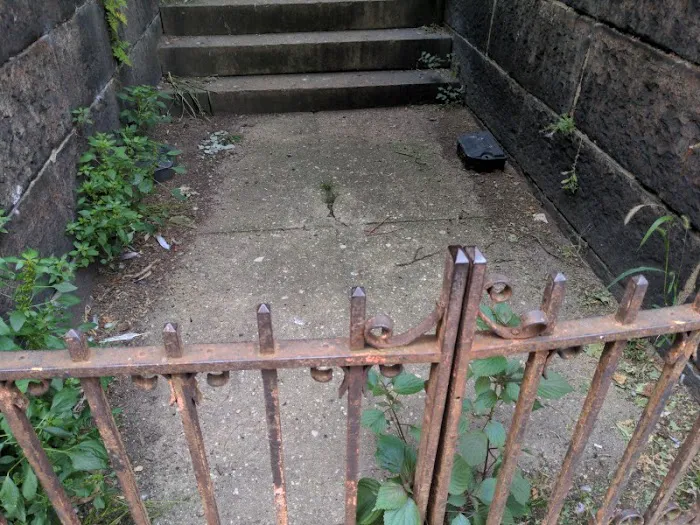
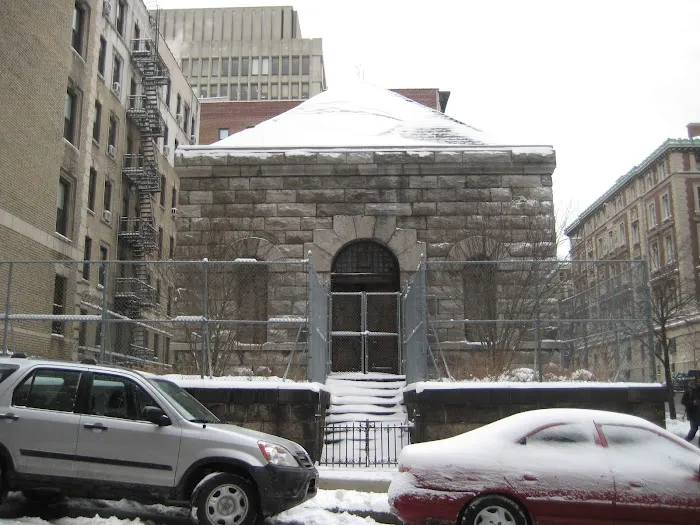
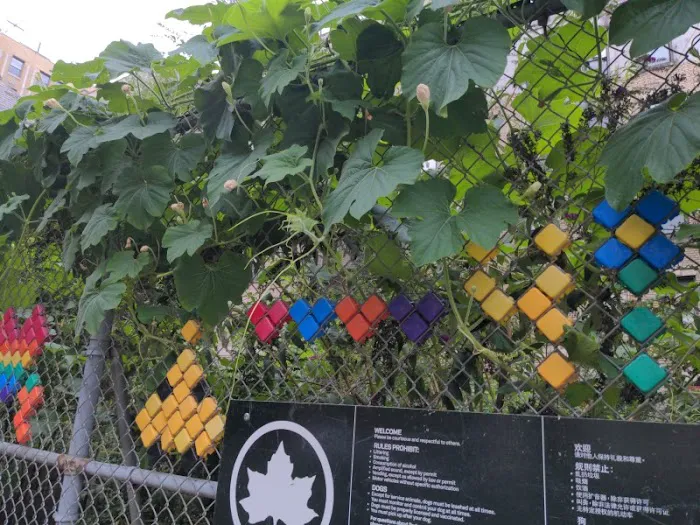
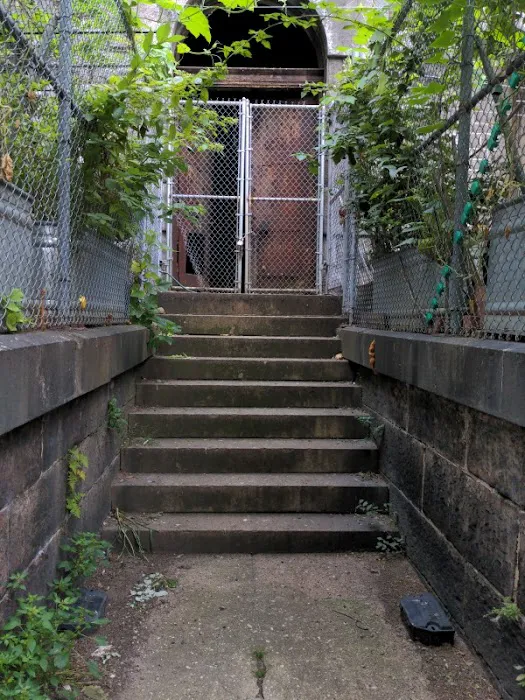
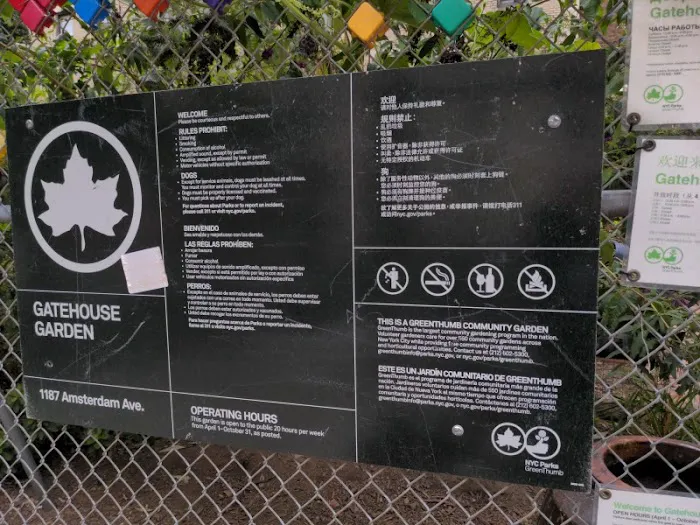
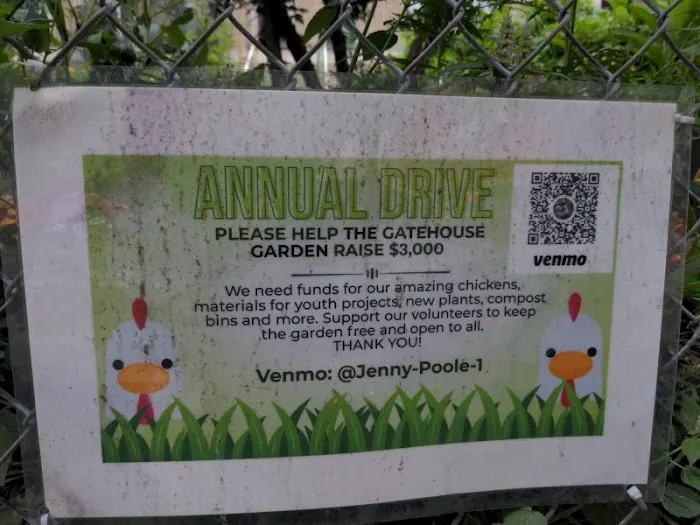

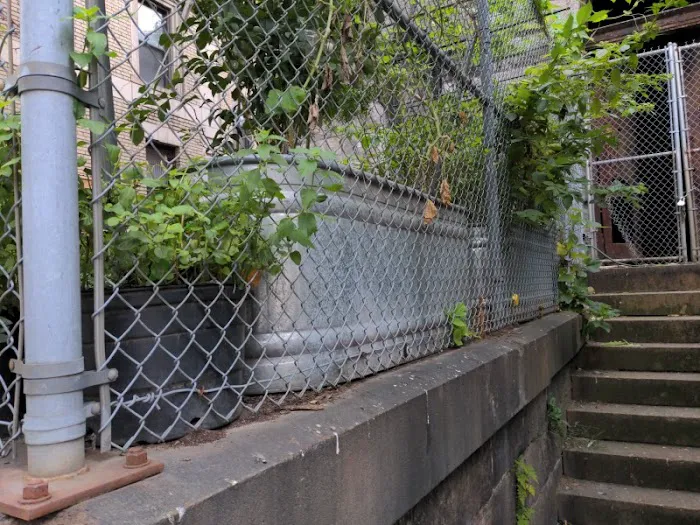
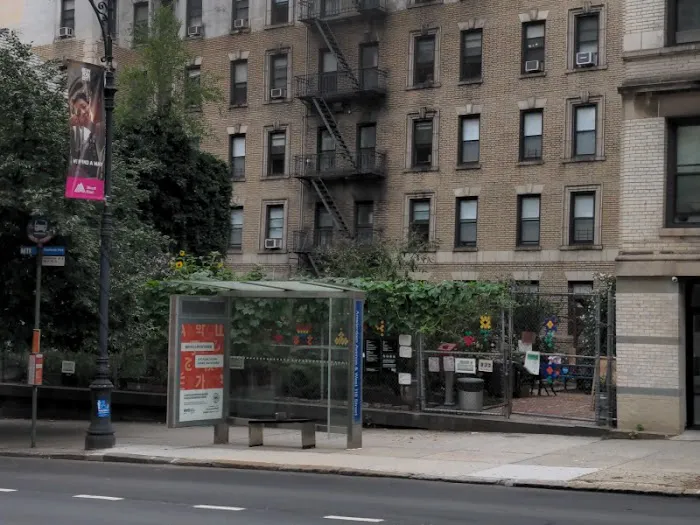
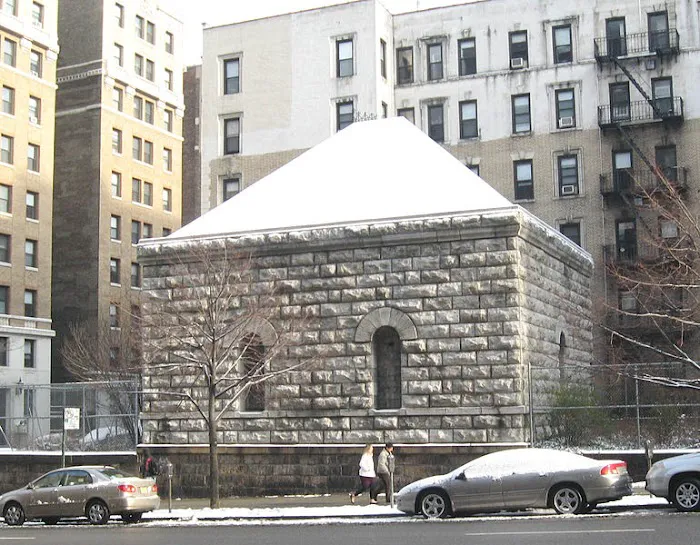
Old Croton Aqueduct Gatehouse Location
Old Croton Aqueduct Gatehouse
1195 Amsterdam Ave, New York, NY 10027, USA
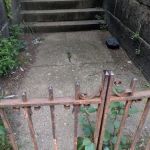 Old Croton Aqueduct Gatehouse
Old Croton Aqueduct Gatehouse1195 Amsterdam Ave
 Columbia Secondary School Community Garden
Columbia Secondary School Community Garden1195 Amsterdam Ave
 Kent Lawn
Kent Lawn515 W 116th St
 Wien Courtyard
Wien Courtyard411 W 116th St
 Low Plaza
Low Plaza2970 Broadway
 Morningside Park
Morningside ParkMorningside Dr
 South Lawn
South Lawn500 W 116th St
 Van Am Quad (Van Amringe Quadrangle)
Van Am Quad (Van Amringe Quadrangle)1124 Amsterdam Ave
 Hamilton Lawn
Hamilton LawnVan Am Quad (Van Amringe Quadrangle
 Furnald Lawn
Furnald LawnMorningside Heights between the South Field Lawns and the Furnald Columbia universtiy
 Friends of Morningside Park
Friends of Morningside Park14 Morningside Ave #10
 Playground One Twenty Five CXXV
Playground One Twenty Five CXXVMorningside Ave.
 Harlem Grand
Harlem Grand343 W 122nd St
Old Croton Aqueduct Gatehouse Reviews
- Mar 19, 2022 · Mathew Abada
More Scenic Spot
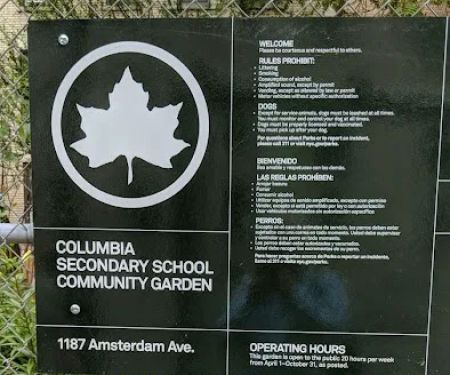 Columbia Secondary School Community Garden4.0 (2 reviews)
Columbia Secondary School Community Garden4.0 (2 reviews)1195 Amsterdam Ave, New York, NY 10027, USA
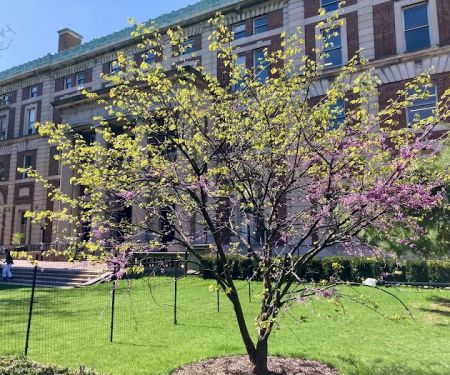 Kent Lawn5.0 (1 reviews)
Kent Lawn5.0 (1 reviews)515 W 116th St, New York, NY 10027, USA
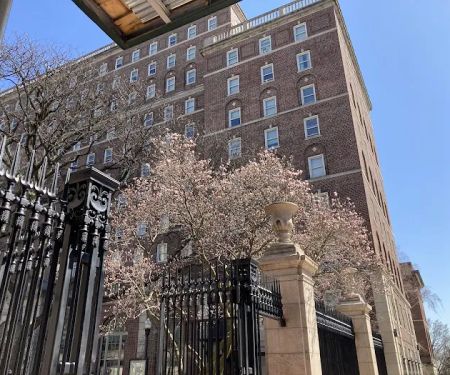 Wien Courtyard5.0 (3 reviews)
Wien Courtyard5.0 (3 reviews)411 W 116th St, New York, NY 10027, USA
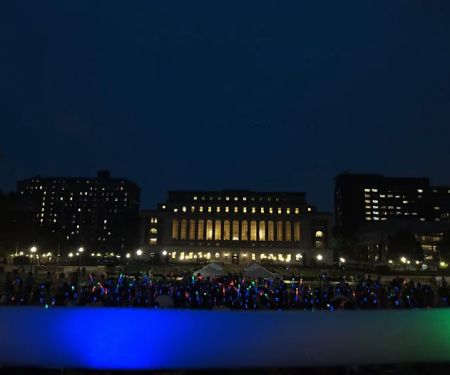 Low Plaza5.0 (3 reviews)
Low Plaza5.0 (3 reviews)2970 Broadway, New York, NY 10027, USA
 Morningside Park4.0 (4394 reviews)
Morningside Park4.0 (4394 reviews)Morningside Dr, New York, NY 10026, USA
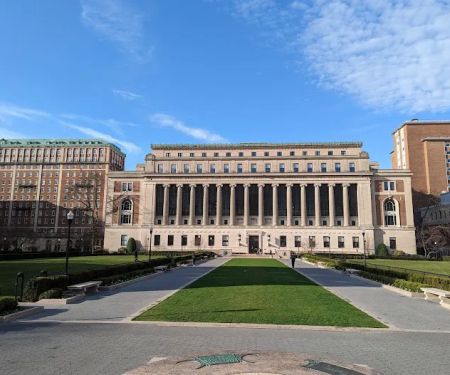 South Lawn4.0 (69 reviews)
South Lawn4.0 (69 reviews)500 W 116th St, New York, NY 10027, USA
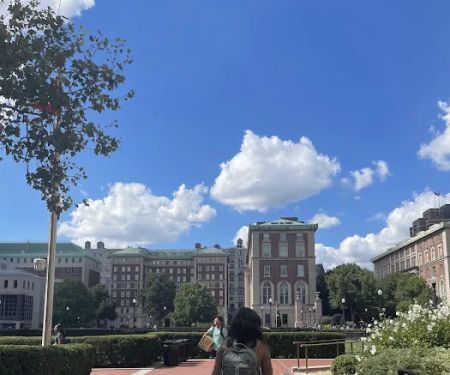 Van Am Quad (Van Amringe Quadrangle)5.0 (2 reviews)
Van Am Quad (Van Amringe Quadrangle)5.0 (2 reviews)1124 Amsterdam Ave, New York, NY 10027, USA
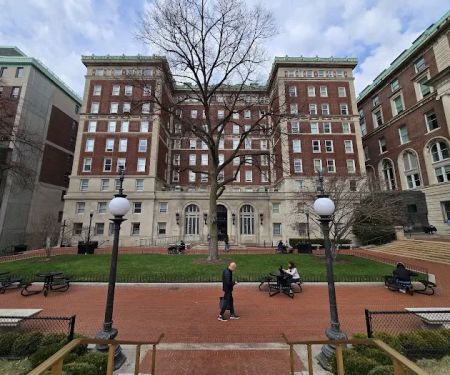 Hamilton Lawn4.0 (1 reviews)
Hamilton Lawn4.0 (1 reviews)Van Am Quad (Van Amringe Quadrangle, 1124 Amsterdam Ave, New York, NY 10027, USA
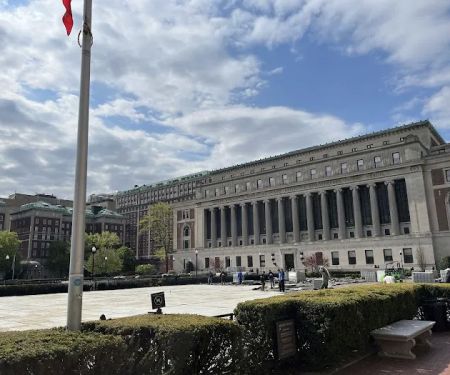 Furnald Lawn4.0 (4 reviews)
Furnald Lawn4.0 (4 reviews)Morningside Heights between the South Field Lawns and the Furnald Columbia universtiy, New York, NY 10027, USA
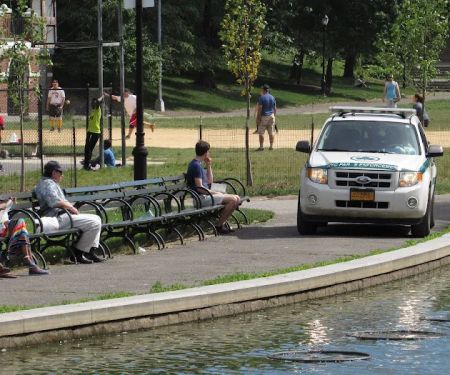 Friends of Morningside Park4.0 (82 reviews)
Friends of Morningside Park4.0 (82 reviews)14 Morningside Ave #10, New York, NY 10026, USA
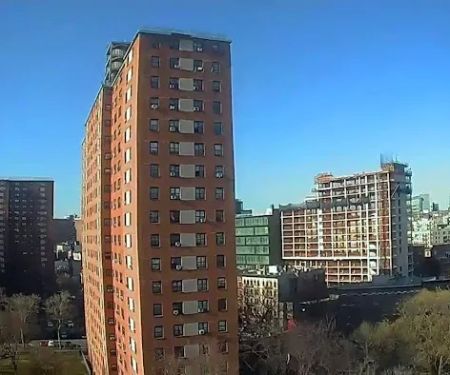 Playground One Twenty Five CXXV3.0 (8 reviews)
Playground One Twenty Five CXXV3.0 (8 reviews)Morningside Ave., W. 123 St. and W. 124 St., New York, NY 10027, USA
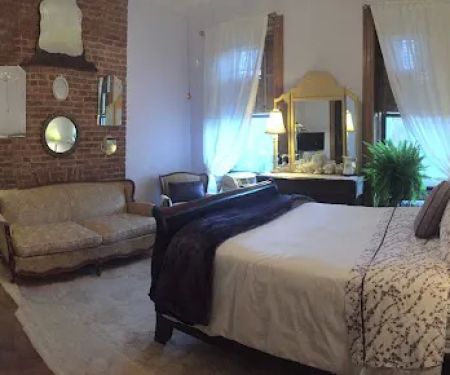 Harlem Grand4.0 (36 reviews)
Harlem Grand4.0 (36 reviews)343 W 122nd St, New York, NY 10027, USA
Categories
Popular Camping Sites
 Coney Island Boardwalk Garden4.0 (75 reviews)
Coney Island Boardwalk Garden4.0 (75 reviews) The William Hotel Midtown, Sonder4.0 (555 reviews)
The William Hotel Midtown, Sonder4.0 (555 reviews) Shepard Lake Recreation Area0.0 (0 reviews)
Shepard Lake Recreation Area0.0 (0 reviews) Stairway To Heaven4.0 (185 reviews)
Stairway To Heaven4.0 (185 reviews)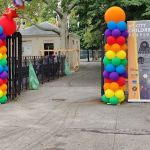 Howard Bennett Playground4.0 (152 reviews)
Howard Bennett Playground4.0 (152 reviews) Isle of Meadows4.0 (10 reviews)
Isle of Meadows4.0 (10 reviews)Trending Camping Blog Posts
 Top Group Travel Destinations in Europe: Best Places for Group Vacations
Top Group Travel Destinations in Europe: Best Places for Group Vacations How to Get Involved in Travel Clans for Social Travel: Explore Group Travel Opportunities
How to Get Involved in Travel Clans for Social Travel: Explore Group Travel Opportunities Best Travel Clans for Sustainable Travel
Best Travel Clans for Sustainable Travel Best Group Vacation Destinations for Friends: Ultimate Travel Ideas
Best Group Vacation Destinations for Friends: Ultimate Travel Ideas Travel Clans for Solo Travelers Looking for Company: Join Unique Travel Communities
Travel Clans for Solo Travelers Looking for Company: Join Unique Travel Communities Best Travel Clans for Women Traveling Together
Best Travel Clans for Women Traveling Together 
